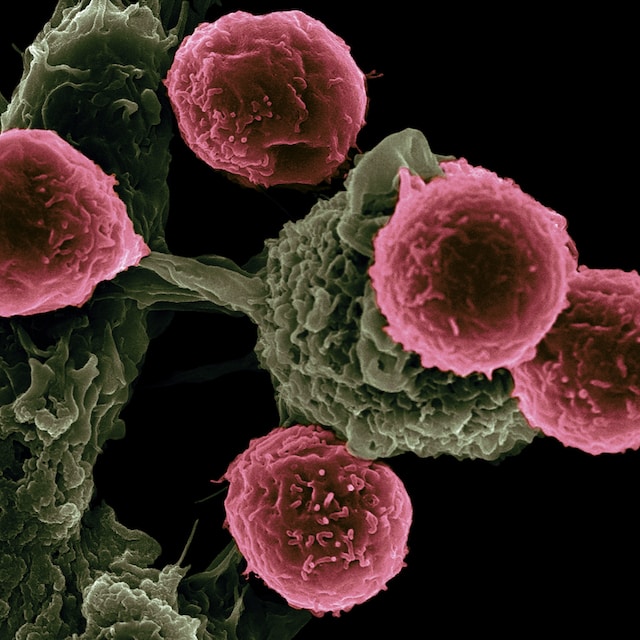Aspartame, an artificial sweetener, has been a topic of debate and discussion for years due to concerns about its potential health effects. A closer look at the chemical makeup of aspartame, its most common applications, and the extensive research conducted to understand its impact on human health helps provide are more useful look at this controversial ingredient.
The additive has long been associated with increased cancer risks, although different regulatory bodies have issued varying recommendations on “safe” levels of consumption.
Aspartame’s Chemical Composition
Scientifically known as L-alpha-aspartyl-L-phenylalanine methyl ester, is a low-calorie artificial sweetener that is approximately 200 times sweeter than table sugar. It is composed of two amino acids, aspartic acid and phenylalanine, which are naturally occurring in various foods. Additionally, aspartame is combined with a small amount of methanol, a naturally occurring substance in fruits, vegetables, and other foods.
Common Applications
Aspartame is widely used as a sugar substitute in a variety of food and beverage products. It provides a sweet taste without the added calories of sugar, making it a popular choice for individuals seeking to reduce their calorie intake or manage their blood sugar levels. Aspartame is commonly found in diet sodas, sugar-free chewing gum, powdered drink mixes, tabletop sweeteners, and a range of other sugar-free or reduced-sugar products.
Related: What is the Sugar and Cancer Connection?
Aspartame Health Research and Safety
Extensive research has been conducted to evaluate the safety of aspartame consumption, including its potential health impacts. Regulatory bodies and scientific organizations, such as the U.S. Food and Drug Administration (FDA), the European Food Safety Authority (EFSA), and the World Health Organization (WHO), have reviewed the available evidence and consistently deemed aspartame safe for consumption within the approved daily intake limits.
Aspartame and Cancer: What Does the Science Say?
The topic of aspartame’s link to cancer has been a subject of investigation, with numerous studies conducted to explore this potential association. To date, the scientific consensus, based on a comprehensive review of available evidence, does not support the claim that aspartame causes cancer in humans.
The concerns surrounding aspartame and cancer primarily stem from studies conducted on animals, particularly rats, at very high doses. However, it is essential to note that the dosages administered to animals in these studies far exceed typical human consumption levels. Like all animal studies, extrapolating results accurately poses substantial challenges for researchers.
The most recent and robust reviews, such as those conducted by the National Cancer Institute (NCI) and the European Food Safety Authority (EFSA), have concluded that there is no consistent evidence to support a causal link between aspartame consumption and cancer in humans. The American Cancer Society organizes the opinions of several regulatory bodies for consumer consideration.
Ongoing Monitoring and Regulatory Oversight
Regulatory bodies worldwide continuously monitor the safety of aspartame and other food additives to ensure public health protection. These organizations set acceptable daily intake (ADI) limits based on comprehensive risk assessments that consider all available scientific evidence. The ADI for aspartame is significantly higher than typical daily intake levels, providing a substantial margin of safety.
It is worth noting that some individuals may have specific health conditions or sensitivities that require them to limit or avoid aspartame consumption. For example, individuals with phenylketonuria (PKU), a rare genetic disorder, cannot metabolize phenylalanine properly and must avoid products containing aspartame.
Is Aspartame Safe?
Aspartame has undergone extensive scientific scrutiny to evaluate its safety and potential health impacts. The overwhelming consensus among regulatory bodies and scientific organizations is that aspartame is safe for consumption within the recommended daily intake limits.
While concerns have been raised about the potential link between aspartame and cancer, rigorous scientific research has yet to establish a concrete causal relationship. There’s plenty of room for caution, however, and those with particular food sensitives or elevated cancer risks should talk to their healthcare provider to learn more about aspartame’s health risks.


Leave A Comment
You must be logged in to post a comment.